2022-11-22
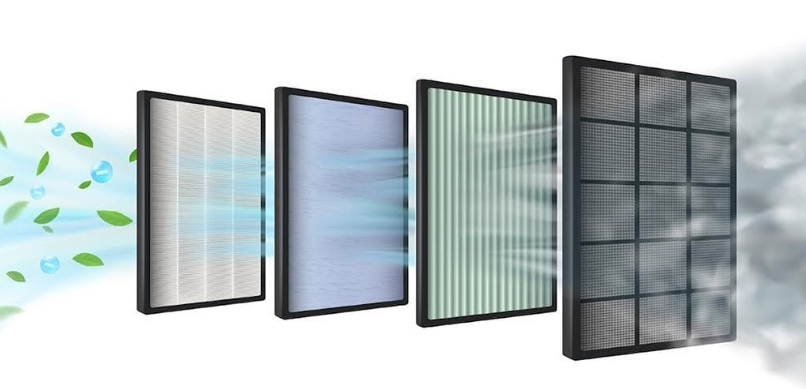
Covid-19 has been a life-changing experience for most of us around the world. It has amongst many things changed the way we eat, live and approach cleanliness. When there were reports that this virus was airborne, meaning it could propagate through the air, it led to heightened senses of consciousness about air quality and precautions on best practices to keep this virus at bay. Studies show that the Covid family of virus can stay on surfaces for as long as 3 days – on floors and other upholstery included, which comes into contact with an infected person’s saliva or mucus when they cough or sneeze. This made it pertinent that a thorough sanitisation of the surface is done – using a residential central vacuum system equipped with a HEPA filter. But before we go any further, a word of disclaiming here – there have been no specific studies on the efficacy of HEPA filters against the virus itself. But as a rule, HEPA filters have been absolutely brutal on any microorganisms below 0.01 microns. This leads us to believe and conclude they will be effective against the coronavirus or any other form that it may mutate into in the future. By the end of this post, you will understand what HEPA filtration is, how it works, and if it is beneficial to you. HEPA in short stands for High-efficiency particulate air. This is a special type of air filter that can capture microscopic particles. These microscopic particles can include everything from dust, pollen, fungi spores, pet dander, smoke, suspended particulate matter, bacteria etc. Let us look at the covid family of viruses. The size of the coronavirus family of viruses consists of many viruses that cause upper respiratory tract illnesses in animals and human beings. These include SARS, MERS, and other milder infections including the common cold. The size of these is typically around 0.125 microns, which the HEPA filter can efficiently filter out. As mentioned above, there is no conclusive study of whether COVID-19 can be prevented by using a HEPA filter. However, a vacuum that has a HEPA filter can collect and trap microorganisms within your home and on surfaces. Further, most of these viruses and bacteria need a vector to propagate, making their size larger. These could be cough droplets, sputum or mucus. HEPA filters effectively filter and clean out these. This minimises the risk of exposure to you, your family and your pets. This is particularly useful when you have family members with compromised immunity, existing medical or health conditions, children and elders. The MoH advises that cleaning surfaces and sanitising should be done at regular intervals, depending on the number of people in the house, how many of them frequently go out, children who go to school etc., Central vacuum systems prevent pollutants from propagating in a space by suction-based technology which draws out the contaminants and deposits them into a collection place. With bag disposal-based systems there is a risk of interacting with the contaminants and may require extra caution in handling. However, in the case of the central vacuum system, the disposal is centralised, meaning the contaminated waste is disposed of directly into special garbage collection areas or drainages. Some central vacuum systems also come equipped with sanitisation capabilities that can sanitise on the go, killing the virus resting upon surfaces. There are many benefits of a central vacuum system in itself. From the perspective of a home buyer, it provides a great deal of value addition including elevated resale value. Three major benefits are: We all know how loud and noisy vacuum cleaners can be. It often is the bone of contention between angry neighbours who have elders or children napping. A central vacuum system’s motor is neatly packaged and placed away in the basement, utility closet or attic – in a concealed location. They also come with mufflers if you are in the vicinity of the motor itself. But around the vacuuming area, it is whisper quiet – at almost 58 decibels, there is hardly any sound. The power of a central vacuum system essentially lies in its motor. The larger the motor, the stronger it is. But because a central vacuum system does not need a motor to be carried along while vacuuming, unlike in a portable vacuum, the central vacuum system can be installed with motors that are upto 5 times more powerful than portable vacuums. This allows for deeper cleaning, high suction power, and pulling out deep-seated dirt grime and airborne particles too. It also cleans allergens on the surface and is suspended in the air. Portable vacuum cleaners have a 5-10 year life. However, with proper maintenance and the virtue of a central vacuum system is a semi-permanent fixture, this is a one-time, long-term investment. Think of it as advanced electrical or plumbing works done. It increases the value additive for your home. It fetches far more prices in terms of resale value too. A central vacuum system offers many advantages to the home buyer. Having a HEPA filter equipped central vacuum is a higher advantage because it offers deeper cleaning, faster and more efficient in usage. Drainvac is the world leader in central vacuum technology with a patented design. To learn why you must include central vacuuming in your next home, reach out to us.What is HEPA filtration?
HEPA Filters in vacuum cleaners:
Central vacuum system for home with HEPA filter:
Does your home need a HEPA filter-based central vacuum?
Whisper quiet cleaning technology:
Cleaner, fresher air:
Increased home value:
To sum up:
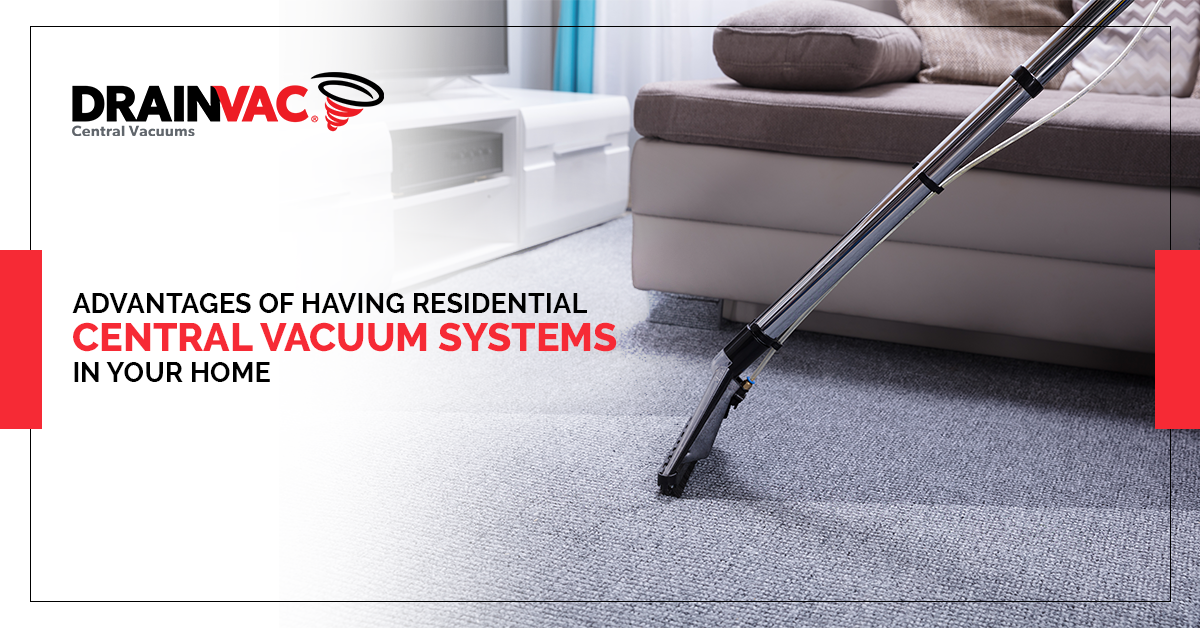
Central vacuum systems have gained popularity f
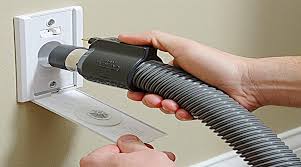
SEO Description: Discover the
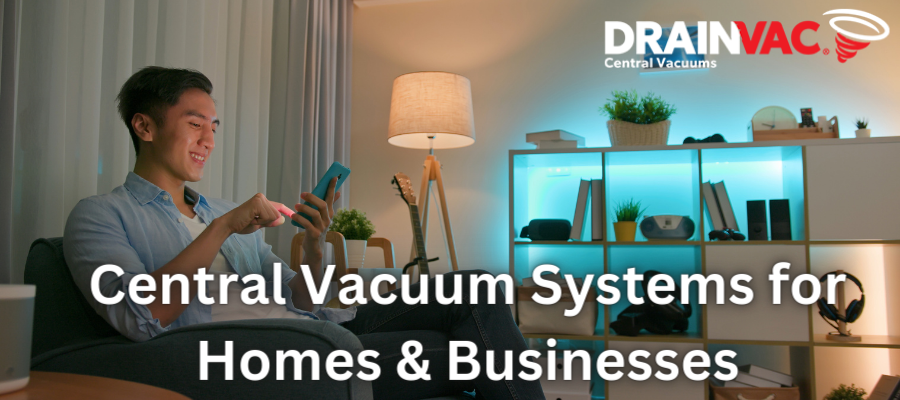
Explore the benefits of central vacuum systems,
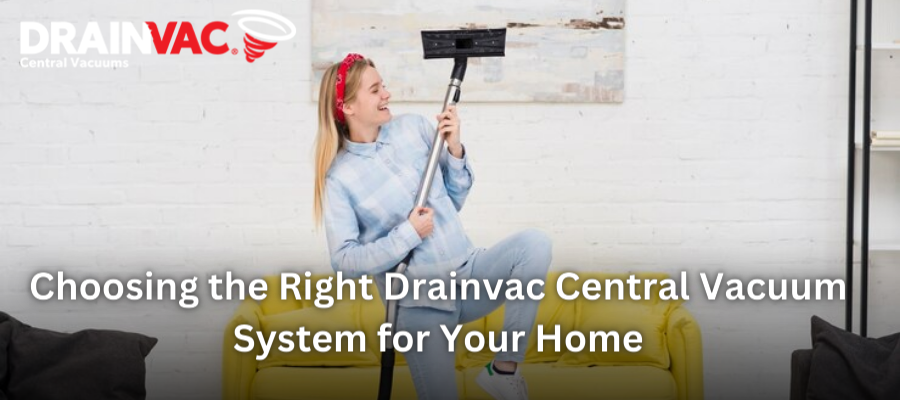
Discover the perfect Drainvac central vacuum sy
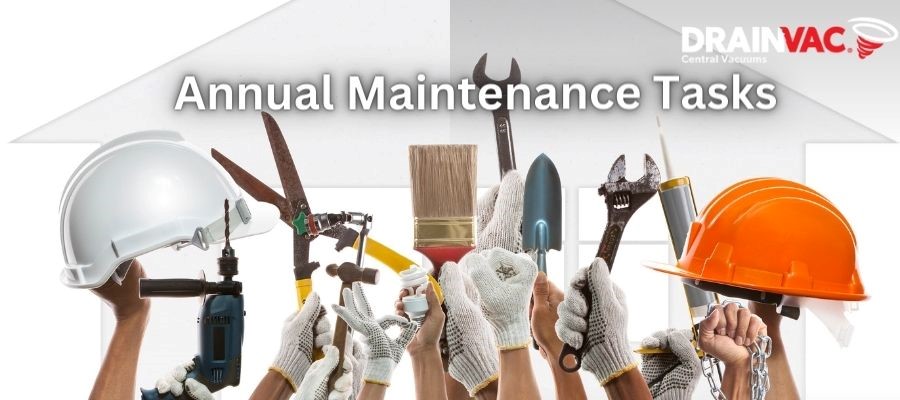
Metadescription: Learn how to

